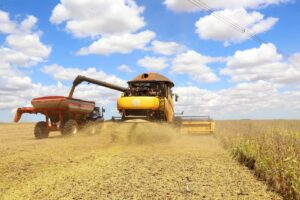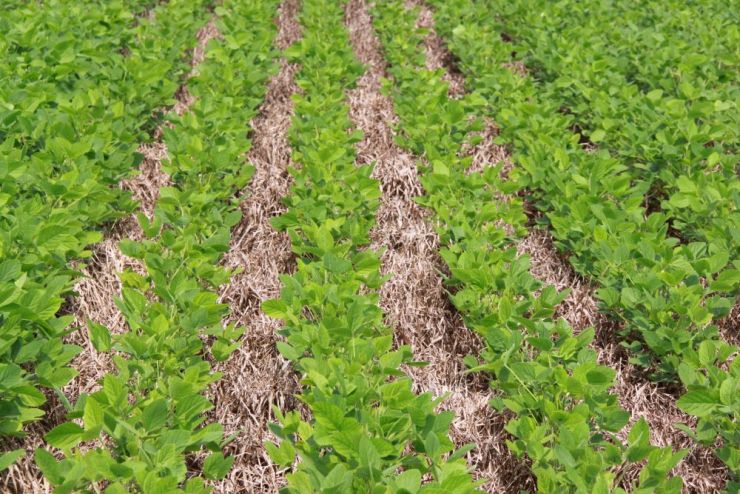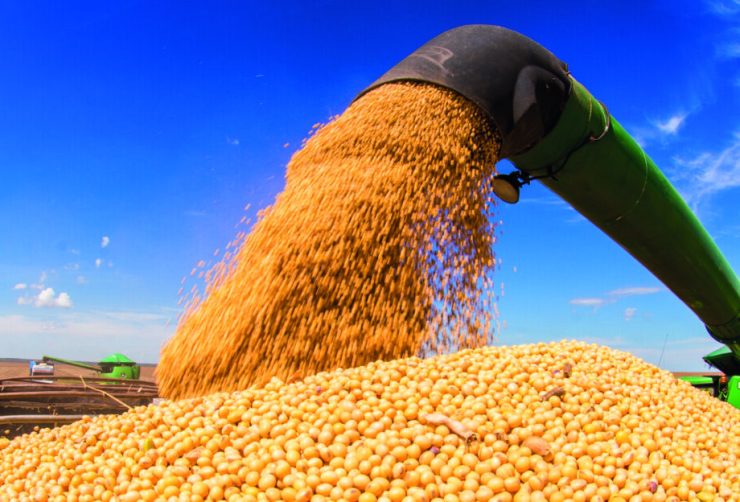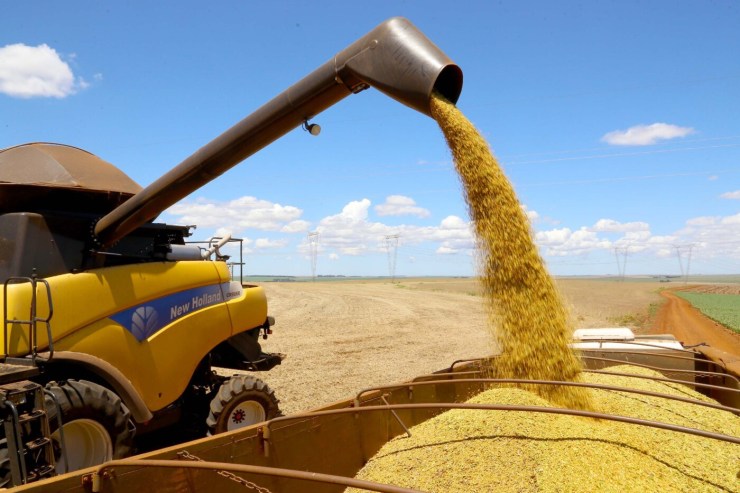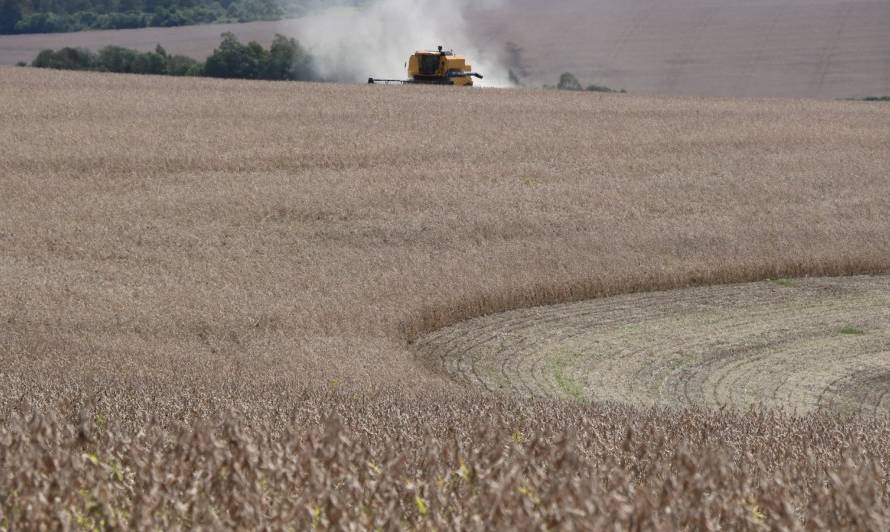The 2024/25 soybean harvest in Brazil is in its final stretch and is the largest production of the oilseed ever recorded in the country's history. The estimate for the 2024/25 harvest is 168.34 million tons, 14% higher than the 2023/24 harvest and 8.1% higher than the previous record of the 2022/23 harvest. According to the 8th Grain Harvest Bulletin, released on Thursday (15) by the National Supply Company (Conab), 97.7% of the sown area was harvested.
According to the report, there was an increase of 10.5% in productivity compared to the previous period, reaching 3,536 kg/ha. The planting area grew by 3.2%, reaching 47,612.7 thousand ha.
For agronomist Fernando Bonafé Sei, the good 2024/25 soybean harvest was favored by a combination of factors, such as good weather conditions, technological advances, appropriate management practices and a record planted area. “Even with some adverse weather conditions, such as lack of rain and high temperatures in some regions, regular and distributed rainfall, interspersed with periods of sunshine, created an ideal environment for the development of soybeans in several regions of the country. In Mato Grosso and Goiás, for example, large accumulations of rain were recorded in November, favoring planting and the initial development of the crops”, he detailed.
In addition to good management practices, technological advances have also made a significant contribution. “The adoption of innovative technologies, such as biosolutions, new soybean varieties and more efficient equipment, have contributed to increasing productivity and grain quality,” he said.
Fernando explains that today the use of inoculants can contribute to the formation of more resistant and more productive plants, as they are an important tool for nutrition through Biological Nitrogen Fixation (BNF). “Studies by Embrapa indicate that agricultural productivity can increase by an average of 8% with the inoculation of nitrogen-fixing bacteria, when compared to the absence of this practice. Furthermore, the use of these biosolutions contributes to the reduction of the need for nitrogen fertilizers”, he emphasized, stating that constant monitoring and the application of pesticides at the correct time are also essential to maintain crop health and avoid significant losses due to pests and diseases.

